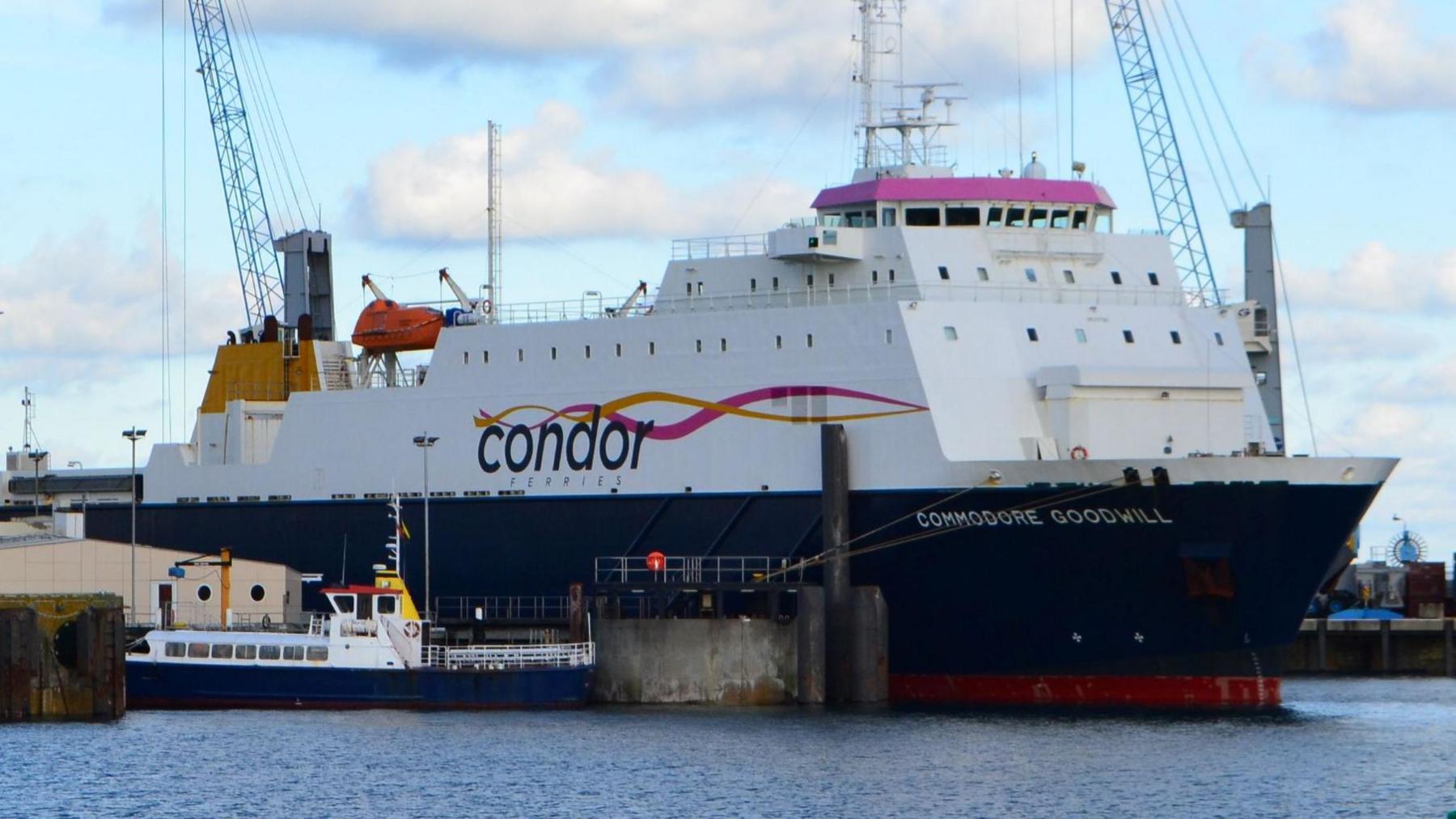Crash ferry crew says 'no briefing' on first watch
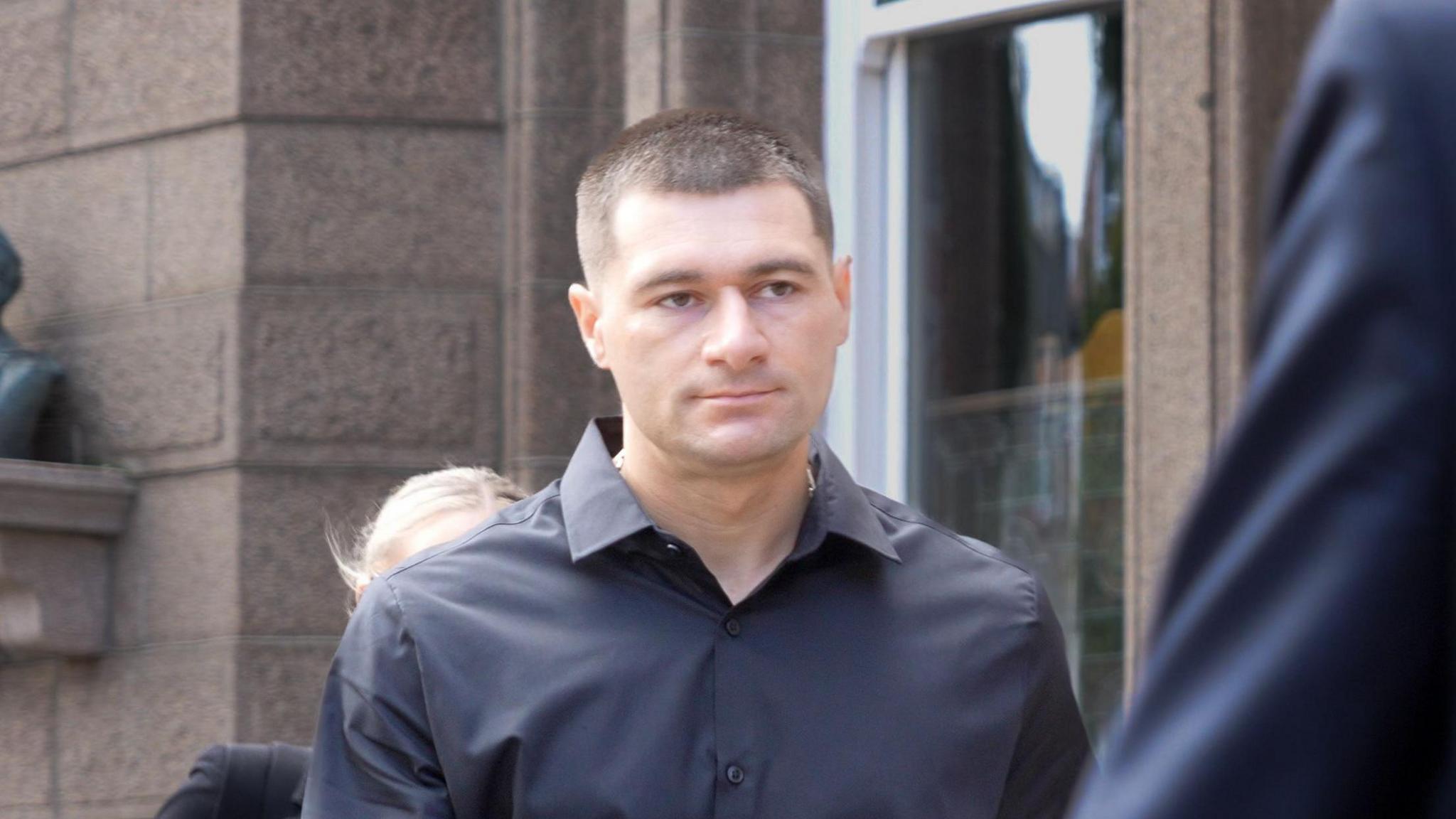
Artur Sevash-Zade said he did remember getting a briefing from Commodore Goodwill second officer and co-defendant Lewis Carr when he worked as a lookout for the first time
- Published
A seaman who was lookout when a ferry crashed into a fishing boat said he had not been briefed by the officer in charge when they first worked together days earlier.
Artur Sevash-Zade said he had worked with Lewis Carr for the first time on the bridge of the Commodore Goodwill four days before it collided with L'Ecume II on 8 December 2022.
Speaking through a Russian interpreter, Ukrainian national Mr Sevash-Zade – a qualified able seaman – said he had not done a lookout on the vessel before the week of the incident and, on his first shift, he "did not remember" getting any information from second officer Mr Carr about doing a watch.
The co-defendants both deny three counts each of gross negligence manslaughter over the collision which killed L'Ecume II skipper Michael Michieli and crew members Larry Simyunn and Jervis Baligat.
Previously, Mr Carr said he could not remember if he had been the officer on Mr Sevash-Zade's first watch but, if he had been, he would have given him a detailed briefing.
But speaking in Jersey's Royal Court, Mr Sevash-Zade said the co-defendant was the officer during his first watch on the bridge on 4 December.
When asked by his defence team what information Mr Carr gave him on the first watch, Mr Sevash-Zade said: "To be honest, I don't remember him giving any information about him giving a watch - there was no briefing from Lewis."
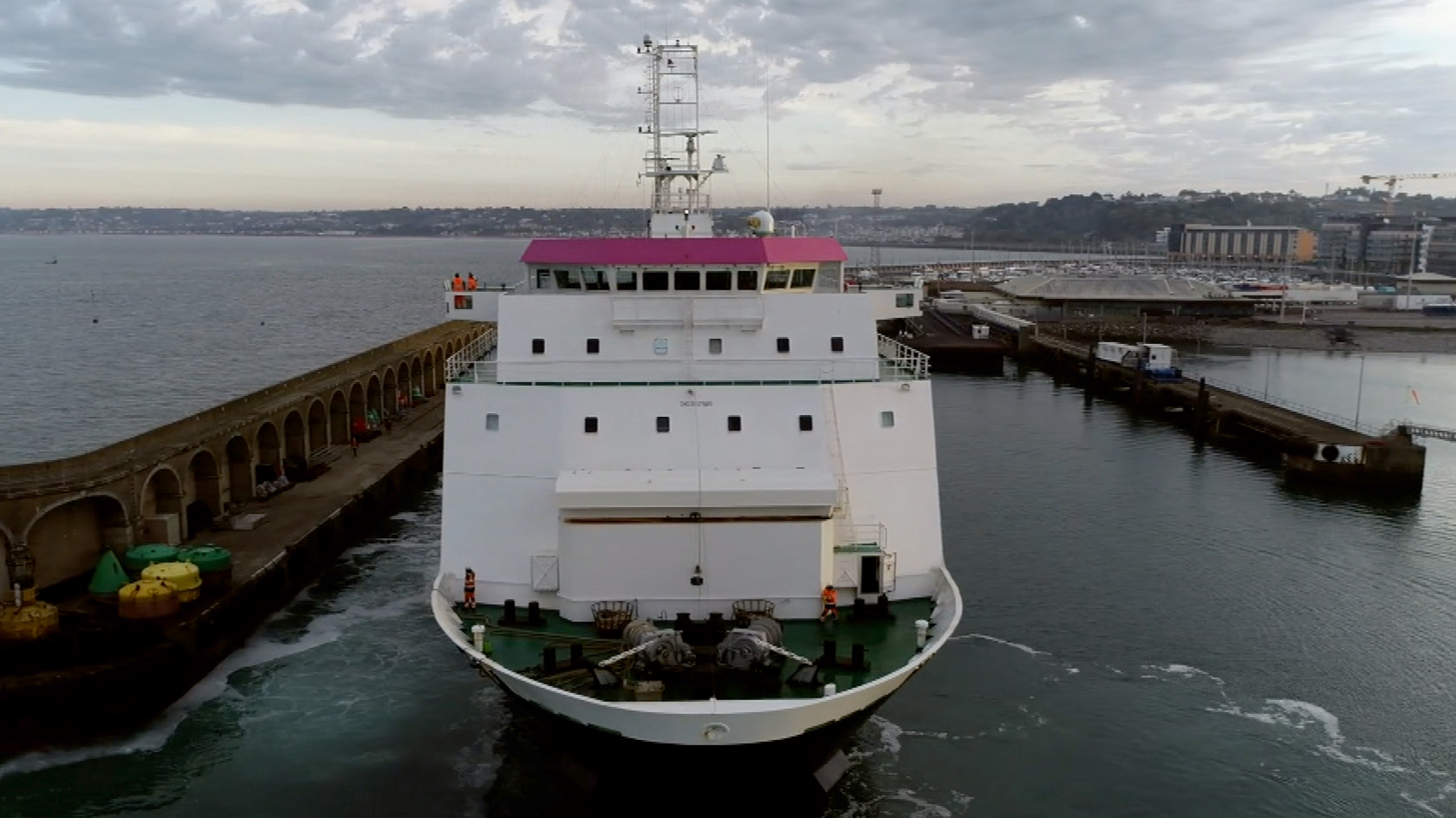
Lewis Carr and Artur Sevash-Zade were on the deck when the collision happened
The 35-year-old added he and Mr Carr would not talk a lot, but he described the second officer as "calm at all times" and never saw him looking nervous.
Mr Sevash-Zade said he had no concerns about the 30-year-old's experience or qualifications.
While giving evidence, Mr Sevash-Zade said he kept working on the Goodwill for 11 months after the incident and practices changed on board following the collision.
He said this included audible alarms on the ferry's bridge that were previously turned off were switched on.
'Natural human response'
Earlier on Wednesday, the defence for Mr Carr - who was steering the Goodwill during the collision - ended.
Mr Carr admitted he could have sounded the general alarm when the Goodwill collided with L'Ecume II, but under his "current state of shock" he was not following regulations "by the book", Jersey's Royal Court was told.
The trial heard earlier that Mr Carr did not call the captain to the bridge until about five minutes after the collision, and the captain raised the man overboard alarm.
He said this was because his priority "was trying to get a visual of L'Ecume" by going out onto the deck.
"It's a natural human response to try and find the vessel that you've just collided with," he said.
'Not much assistance'
Regarding his co-defendant Mr Sevash-Zade and monitoring L'Ecume II prior to the crash, Mr Carr said he did not believe "there was much assistance".
He said no concerns of the fishing vessel were raised by Mr Sevash-Zade until less than a minute before when he questioned if crew onboard L'Ecume II were "asleep".
Mr Carr added that both "the roles could've been performed better".
Asked by prosecutors if Mr Carr could have taken action sooner to avoid a collision, he said that "everything is clearer with the benefit of hindsight".
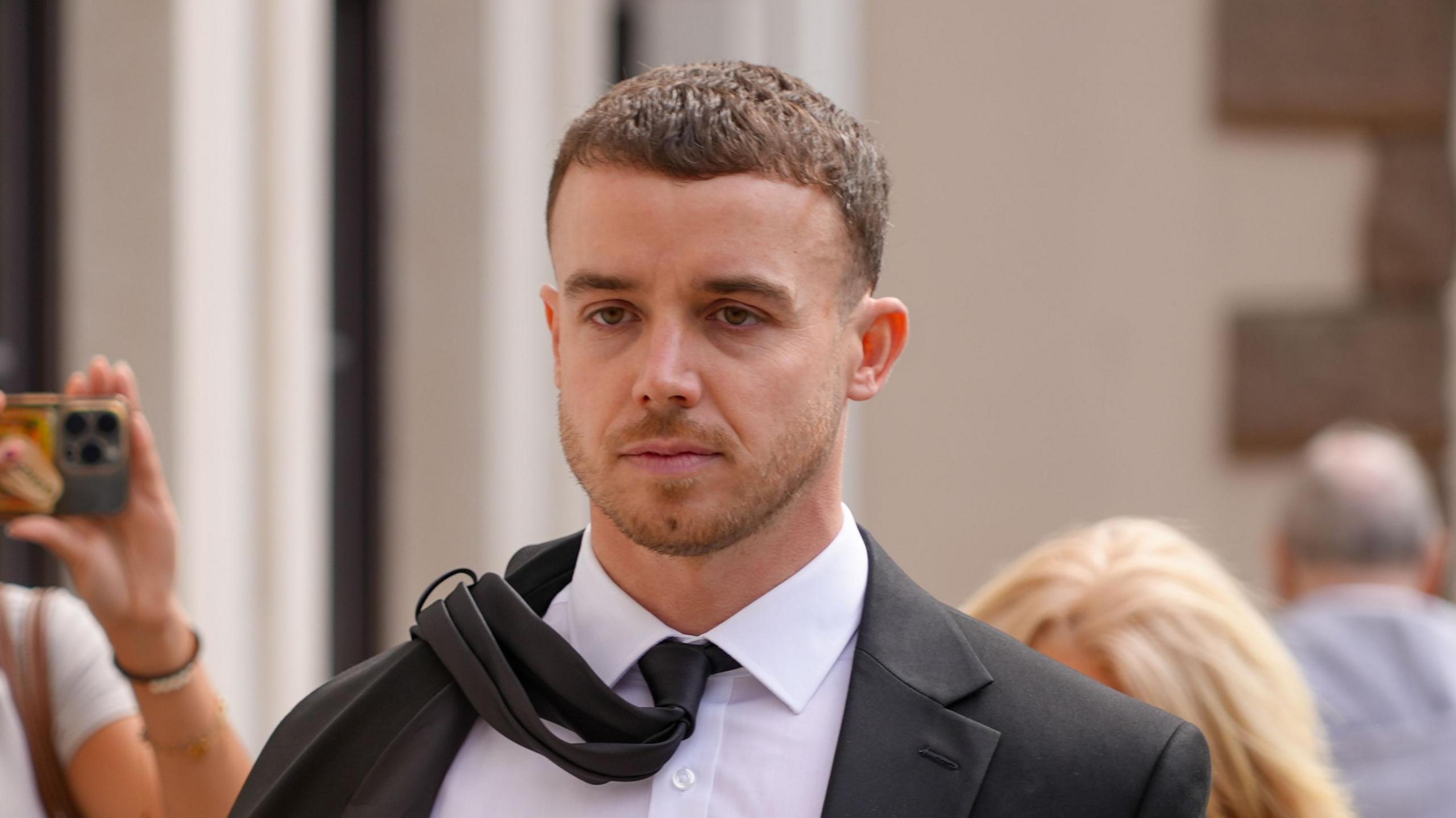
Lewis Carr's defence evidence concluded on Wednesday
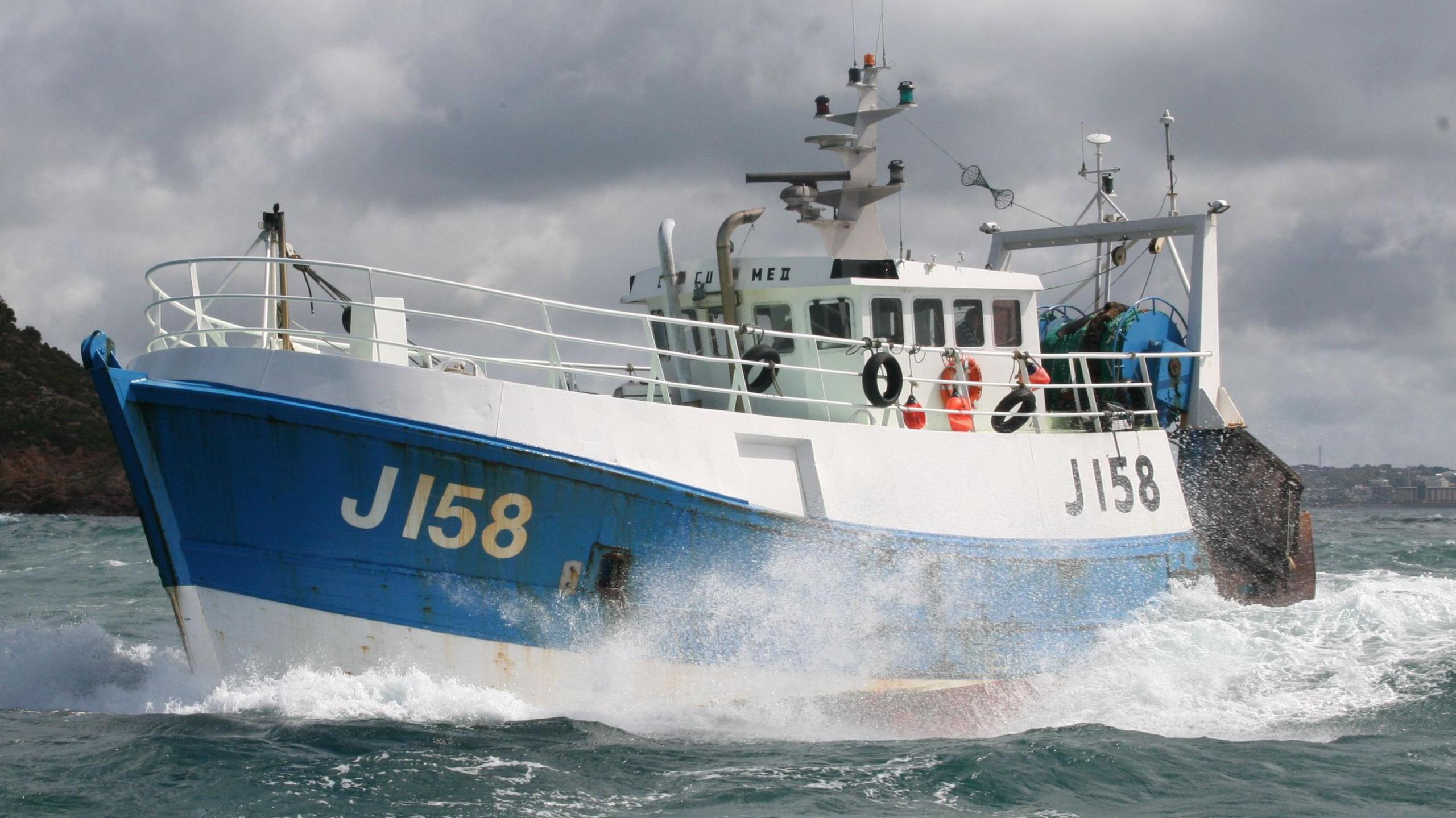
L'Ecume II sunk after a collision with the Commodore Goodwill in December 2022
The court was told earlier in the trial that at 05:34 GMT, one minute before the collision, L'Ecume II altered course to cross in front of the Goodwill's bow.
At a similar time, Mr Carr said he had turned the ship hard to starboard in autopilot to avoid the fishing trawler.
Mr Carr said if L'Ecume II had not changed its course he believed the Goodwill "would've passed clear".
He said: "I didn't know at the same time L'Ecume II was going to alter course to turn left, going directly across the bow.
"If they didn't do that, we'd have passed clear."
Mr Carr added it would have still been "a close quarter pass".
The prosecution argued being in autopilot limited the ship's rudder and reduced the amount it could turn.
Mr Carr said without Mr Sevash-Zade on the bridge he was not in a position to switch to manual steering, which would have provided a larger turning angle.
If L'Ecume II had turned to the right instead of the left - crossing in front of Goodwill's bow - a crash would have been avoided, an expert in marine data told the court.
Duncan Campbell told the jury via video link: "It shows that if the vessel had done a turn at that rate of alteration, it would've required an eight degree turn to starboard to avoid the collision."
Answering questions from defence lawyers, Mr Campbell said he had analysed a year's worth of historical data from L'Ecume II's automatic identification system to assess how quickly it could turn in the past.
He told the jury that evidence found the vessel could turn at an average of 108 degrees per minute.
When asked by the prosecution about whether he had conducted similar analysis for when the Goodwill could have taken action to avoid a collision, Mr Campbell said he had not been asked to do this.
Answering questions from the prosecution about whether there still would have been a collision if L'Ecume II had not altered its course or speed, Mr Campbell suggested the boats would have still collided due to Goodwill's turn to starboard, but the fishing boat would have hit another part of the freight ferry.
Mr Campbell added even if L'Ecume II had turned to starboard, it would have still been a "very close miss".
No fishing lights
An imagery analyst told the court that, on the morning of the collision, L'Ecume II did not appear to have its fishing lights on when leaving the harbour.
Clive Evans said after analysing three CCTV images of the vessel exiting Victoria Pier from different angles, he could four separate light sources onboard.
He said its floodlights, mast head light, lower all-round lights and navigational lights were on.
"I don't believe there is any imagery for the upper all-round light being illuminated."
The prosecution had argued L'Ecume II would regularly keep its fishing lights on during passage to ensure larger vessels would have to steer clear of it under collision regulations.
He said he could not confirm what lights were turned on after exiting the harbour.
Mr Carr's defence concluded its case with three character references: one from his uncle Peter Carr and two others from friends Zakk Wilson and Ravinder Gill.
In written statements read out in court, the trio described Mr Carr as a kind and caring person with a calm demeanour and an "ability to focus".
Mr Gill, who said he had known Mr Carr since 2007, added the defendant was "diligent, conscientious and committed to helping each others".
The trial continues.
Follow BBC Jersey on X, external and Facebook, external. Send your story ideas to channel.islands@bbc.co.uk, external.
- Published16 September
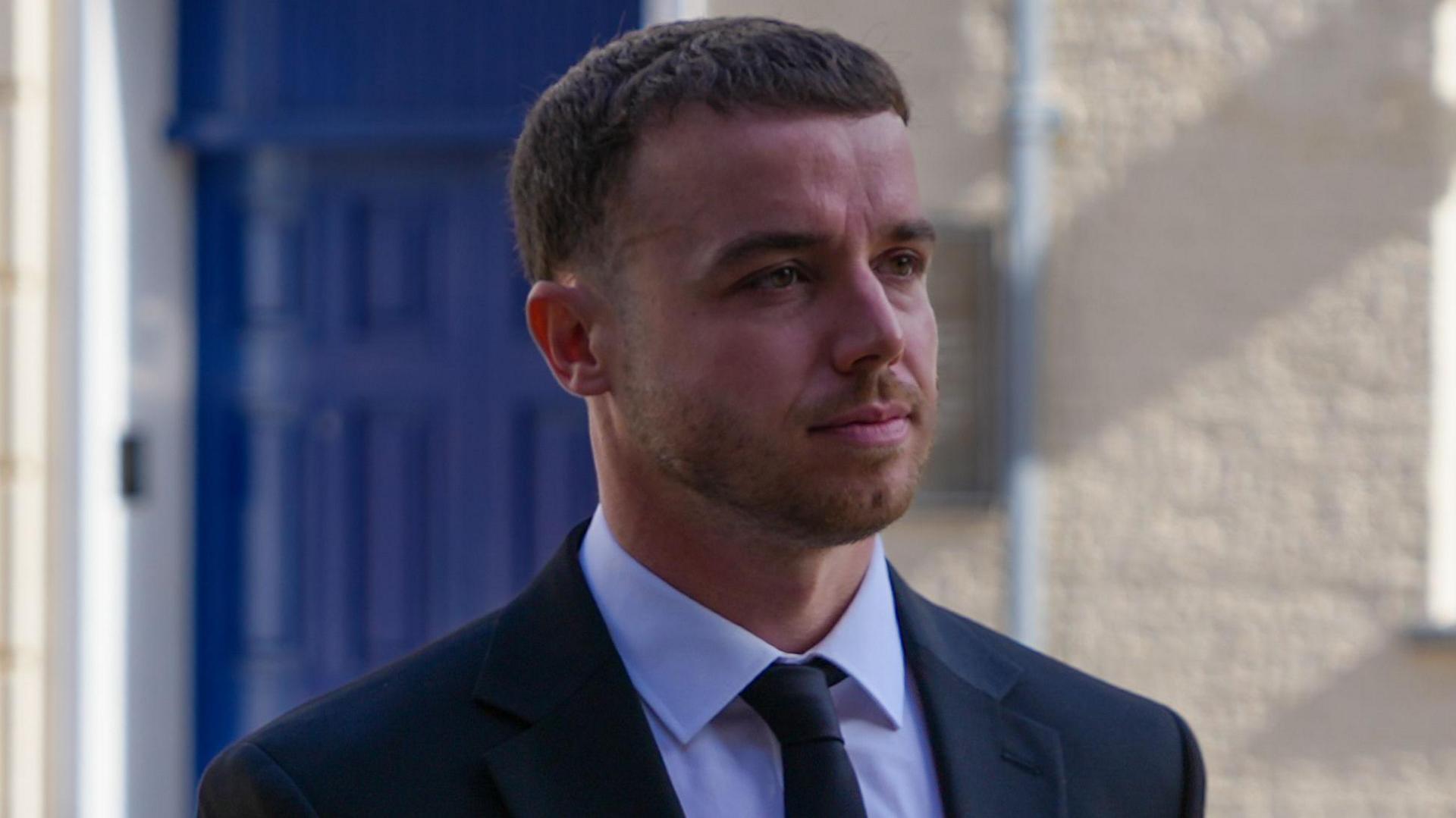
- Published15 September
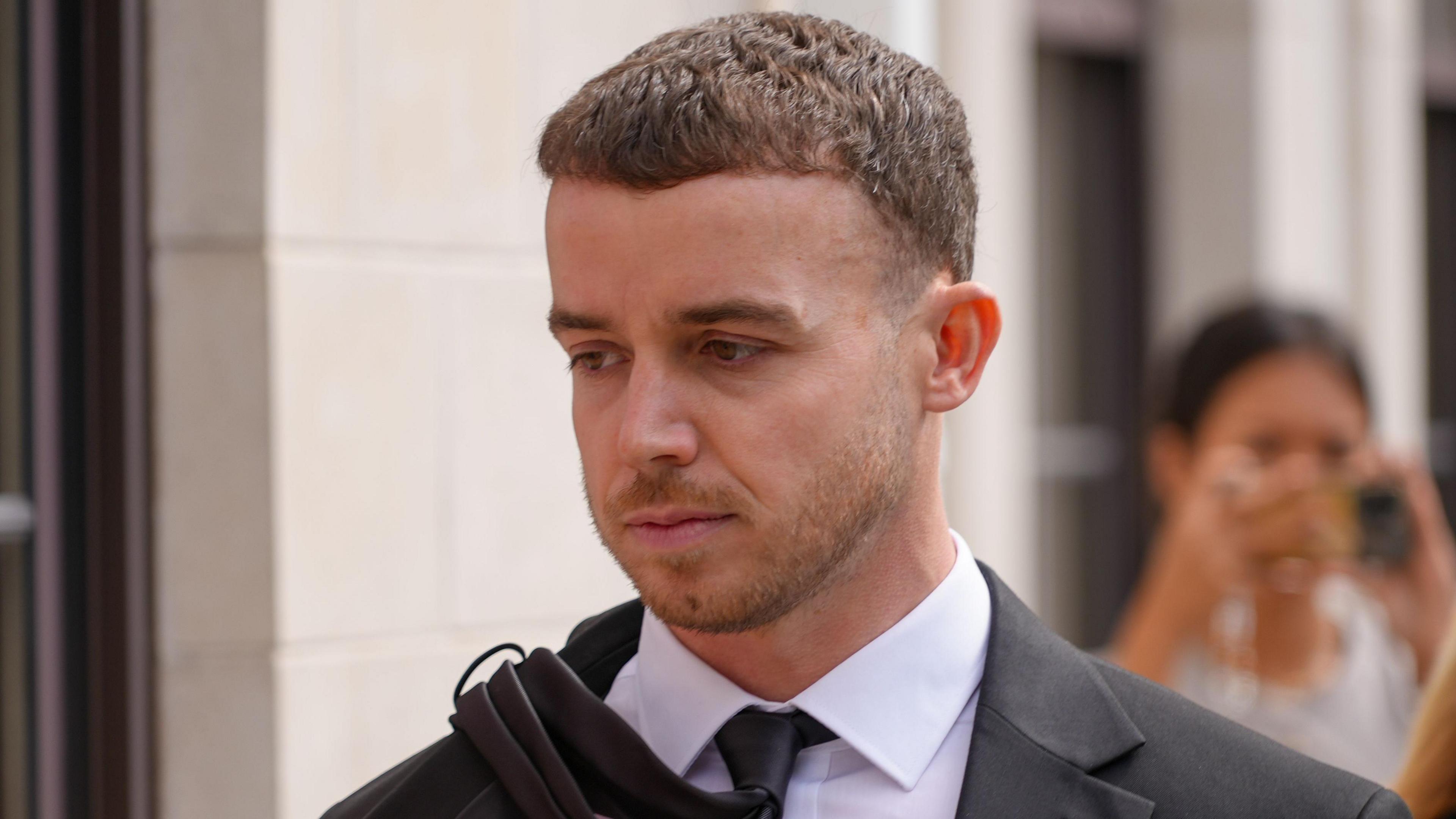
- Published12 September
